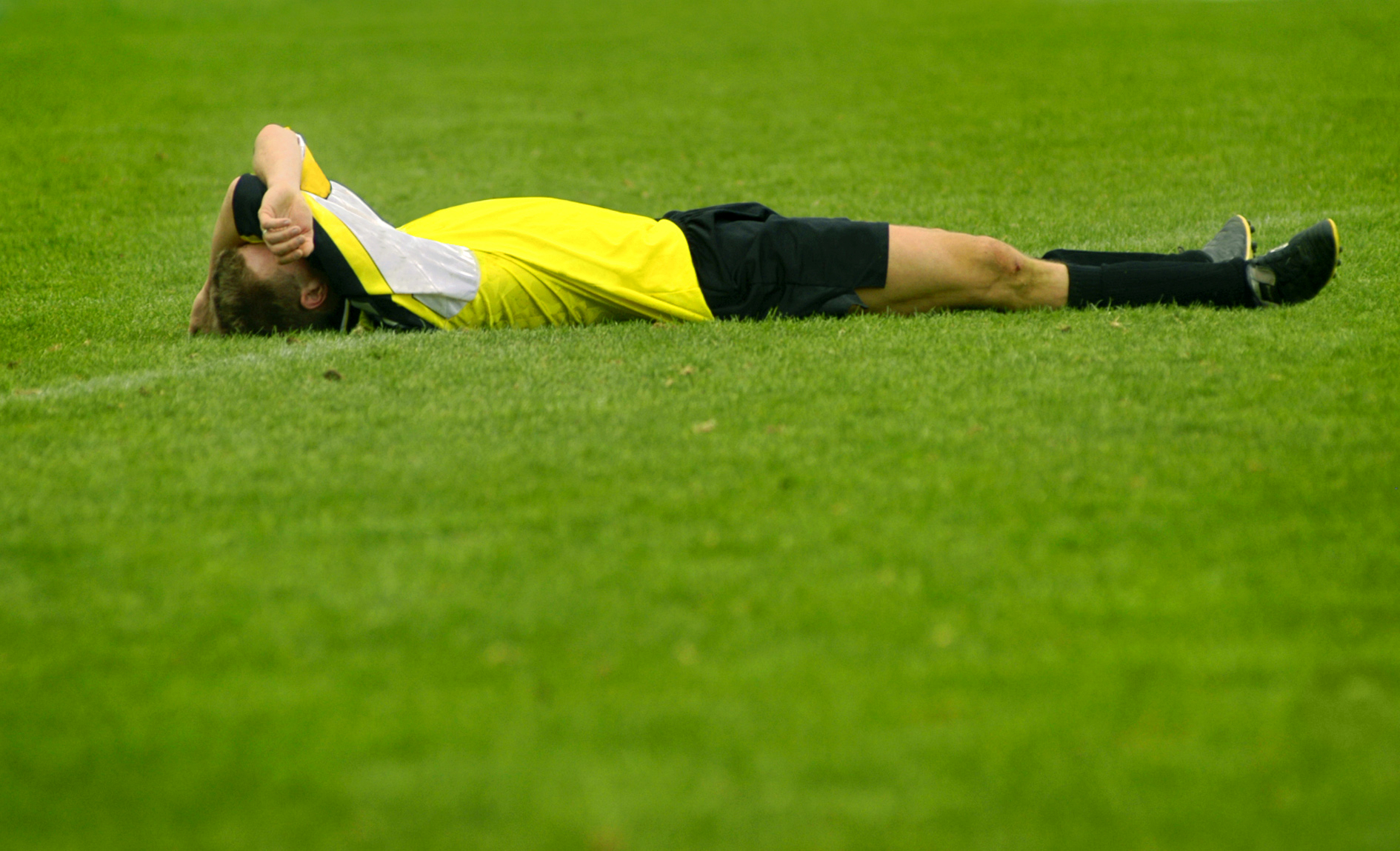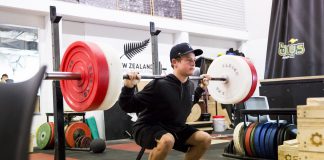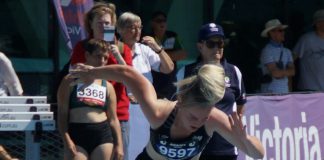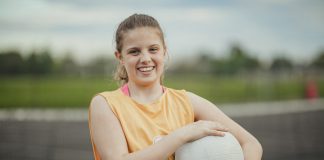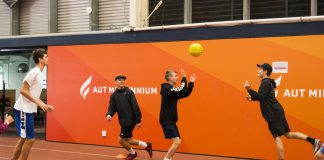It’s easy to put all of your time and energy into winning. It makes you feel good and provides great pleasure.
However, here’s the thing: pleasure disappears quickly. It’s a momentary feeling that comes from something external and relies heavily on positive experiences.
Consequently, you need more and more of it to feel happy.
So what happens when you lose?
Sport as a training ground for life
Sport never used to be about winning.
Historically, it can be traced back to early Greek culture. The skills and attitudes developed in sport played a crucial role in teaching the teamwork necessary for hunting and warfare.
People relied on what they learnt in sport to survive.
Then, in the early 1900s, the unique qualities children could learn through sport resulted in athletics and physical education being included into the school curriculum.
However, things began to change in the 1970s.
A “winning at all costs” way of thinking led to a rise in overbearing parents and questionable coaching tactics. Children’s dropout rates increased and losses in self-esteem were much more evident.
For many, sport had become all about the result, rather than the important processes involved in getting there.
Today the evidence supporting personal development in sport is mixed.
Few programmes have a systematic way of developing self-esteem, persistence and skill development which are essential life skills and attitudes for young people to master because of their direct connection with academic, personal and career development.
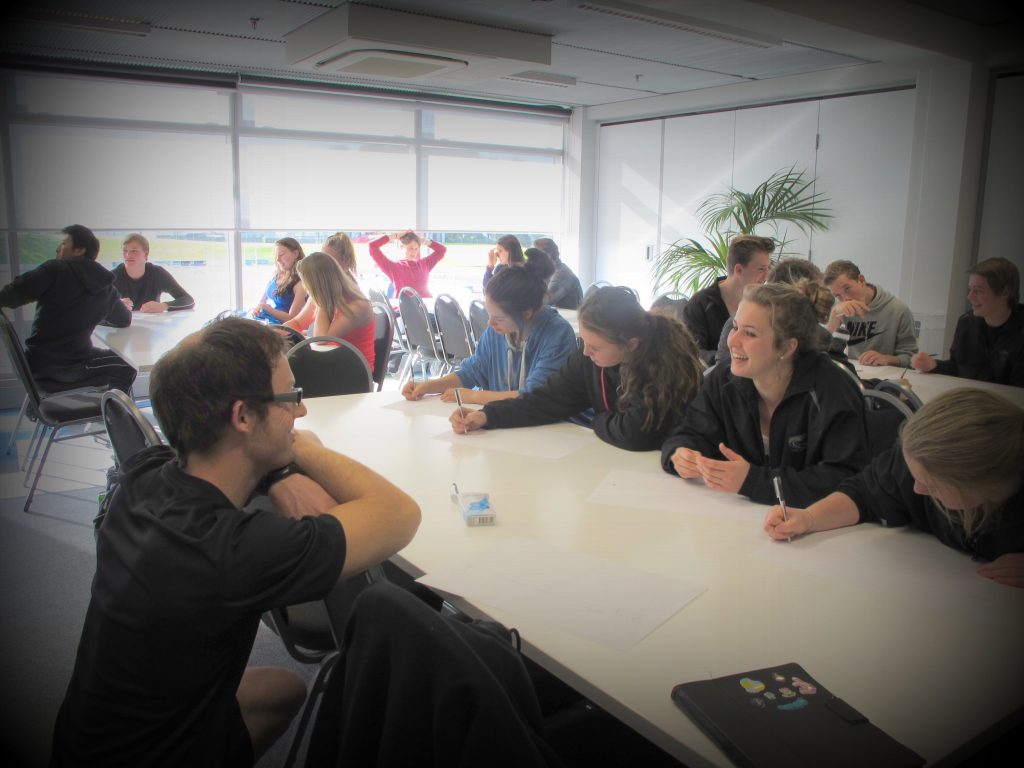 10 things every youth sport programme should include
10 things every youth sport programme should include
Sport programmes aiming to develop personal skills in youth should prioritise activities which focus on growth and skill acquisition. It’s also important they include clear expectations for achievement and learning.
Additionally, participants should be given the opportunity to engage in non-sport roles or activities so that they can test out their new found skills in other domains.
Here are 10 things every youth sport programme should include:
- Intrinsically motivating activity, i.e. a mastery-involved environment
- A valued role for participants within an important group
- Activity that is voluntary, has clear rules, goals, and incentives and happens over time
- A psychologically safe environment
- Close relationships with caring adult mentors
- Parental monitoring
- Community service opportunities
- Goal-setting, social, and problem-solving skill development
- A sense of identity and purpose (hope and planning for the future)
- Confidence in abilities to use skills in contexts other than sport
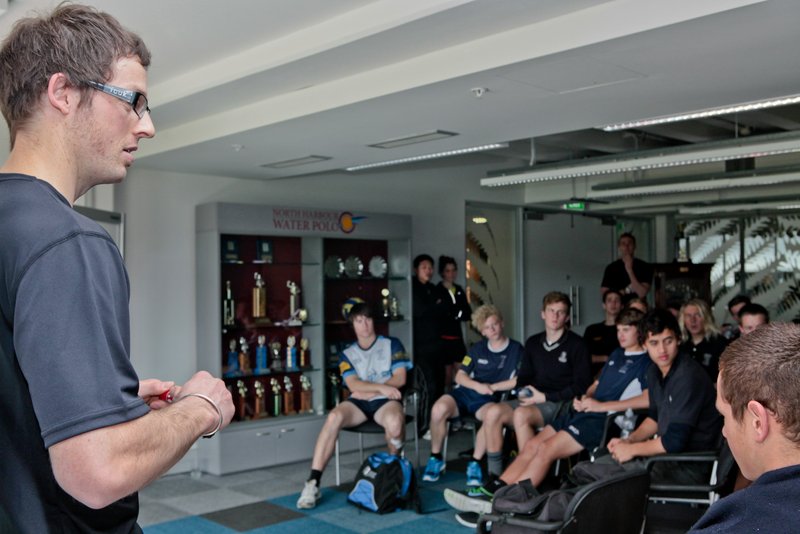 What happens when you lose?
What happens when you lose?
Losing hurts. Whenever it happens.
However, when you focus solely on winning and you lose, the hurt stays around for longer. That pleasure you’ve been seeking to feel happy is gone.
So when it starts happening more and more, you quit. Because it feels like there’s nothing left to be gained.
However, when place focus on hard work, acquiring new skills, and how to continuously learn and get better, things are different. You’re much more likely to display a strong work ethic, persist in the face of failures or disappointments and develop the internal motivation that will drive you perform well in sport.
And most importantly, you’ll learn how to be successful in whatever you decide to turn your hand to in life, too.

























